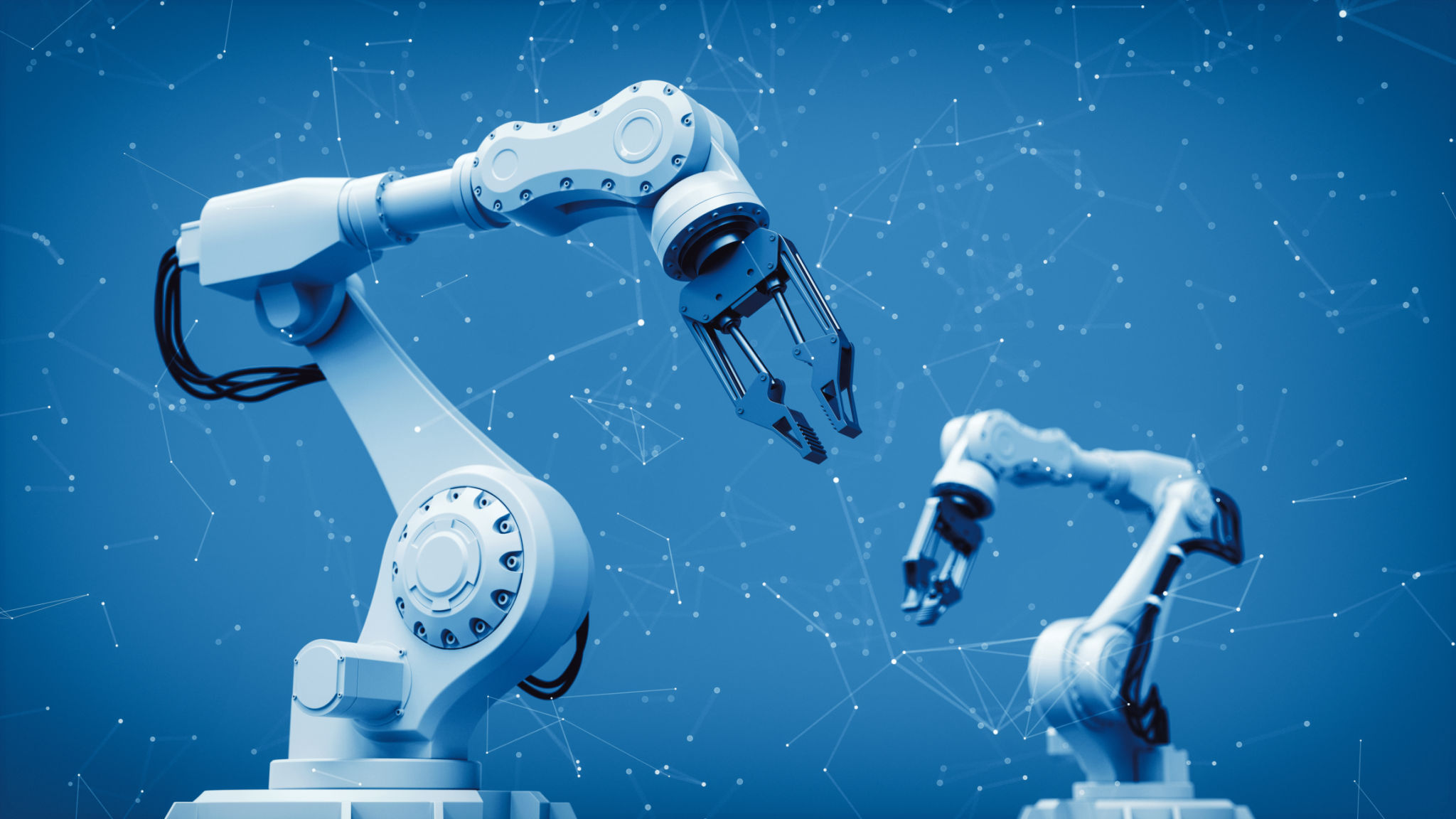How AI Enhances Manufacturing Processes: The Sheridan Edge
Introduction to AI in Manufacturing
In recent years, the manufacturing industry has undergone a significant transformation, largely driven by the integration of Artificial Intelligence (AI). This technology is not just a fleeting trend; it represents a fundamental shift in how products are produced, enabling companies to enhance efficiency, reduce costs, and improve product quality. One company at the forefront of this change is Sheridan, which has made strides in leveraging AI to optimize their manufacturing processes.

The Role of AI in Optimizing Production
AI enhances manufacturing by improving production planning and scheduling. Through predictive analytics, AI systems can forecast demand more accurately than traditional methods. This capability allows manufacturers to optimize inventory levels and ensure that production meets market needs without overproducing. At Sheridan, these insights have enabled more agile and responsive manufacturing operations.
Furthermore, AI-powered systems can monitor production lines in real-time, identifying potential bottlenecks or inefficiencies before they escalate into major issues. This proactive approach helps maintain smooth operations and minimizes downtime, a critical factor for maintaining competitiveness in the fast-paced manufacturing sector.

Quality Control and Maintenance
A vital application of AI in manufacturing is in quality control. By using machine learning algorithms, manufacturers like Sheridan can analyze products with precision and ensure that each item meets the highest standards. AI systems can detect defects that might be missed by human inspectors, reducing waste and improving customer satisfaction.
Predictive maintenance is another area where AI shines. By analyzing data from machinery sensors, AI can predict when maintenance is needed before a breakdown occurs. This approach not only extends the life of equipment but also reduces unexpected downtime, leading to more reliable production schedules.

Enhancing Supply Chain Management
The supply chain is a critical component of manufacturing, and AI plays a crucial role in optimizing it. With AI, manufacturers can gain better visibility across their supply chains, identifying potential disruptions and mitigating them proactively. Sheridan has leveraged AI to enhance their supply chain resilience, ensuring timely delivery of raw materials and components.
AI algorithms can also assist in logistics optimization by determining the most efficient routes for transportation and delivery. This capability not only reduces costs but also minimizes the environmental impact of manufacturing activities, aligning with global sustainability goals.
Data-Driven Decision Making
Incorporating AI into manufacturing processes gives companies access to vast amounts of data that can drive informed decision-making. This data-driven approach allows manufacturers to identify trends, optimize operations, and develop strategies that align with market demands. Sheridan uses this data to continually improve their processes and maintain a competitive edge.

Conclusion: The Future of AI in Manufacturing
As AI technology continues to evolve, its applications in manufacturing will expand even further. The benefits of AI—ranging from enhanced efficiency and quality to improved supply chain management—are transforming the industry landscape. Companies like Sheridan illustrate how embracing these technologies not only enhances operational capabilities but also sets new standards for what modern manufacturing can achieve.
The future of manufacturing is undoubtedly intertwined with the advancements in AI, making it essential for companies to integrate these technologies into their operations to stay ahead in an increasingly competitive global market.
